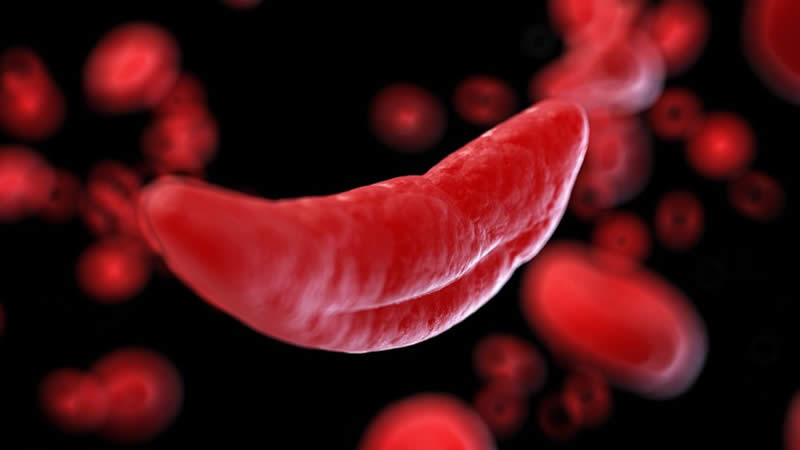
UK Approves World’s First CRISPR Gene Therapy for Sickle Cell Disease

The Medicines and Healthcare Regulatory Agency in the United Kingdom has authorized Casgevy, the world’s first gene therapy for sickle cell disease, marking a significant medical breakthrough. Developed using the groundbreaking CRISPR gene-editing technology, which garnered a Nobel Prize in 2020, Casgevy is approved for patients aged 12 and over suffering from sickle cell disease and thalassemia.
This innovative treatment, created by Vertex Pharmaceuticals (Europe) Ltd. and CRISPR Therapeutics, provides a much-needed alternative to the traditional bone marrow transplants, known for their strenuous nature and severe side effects. According to Dr. Helen O’Neill of University College London, this approval represents a historic moment, especially as the term ‘cure’ was previously deemed incompatible with these diseases.
Sickle cell disease and thalassemia are both genetic disorders affecting hemoglobin in red blood cells. Sickle cell disease, prevalent in African and Caribbean populations, causes red blood cells to become crescent-shaped, leading to severe pain, organ damage, and other complications. Thalassemia, affecting mainly South Asian, Southeast Asian, and Middle Eastern people, leads to severe anemia requiring lifelong blood transfusions and medication.
Casgevy operates by editing the problematic gene in a patient’s bone marrow stem cells, enabling the body to produce functional hemoglobin. The treatment process involves chemotherapy, extraction of stem cells, gene editing in a lab, and reinfusion of the modified cells into the patient.
Dr. James LaBelle of the University of Chicago expressed excitement over this development, indicating that U.S. approval might be imminent. The FDA is currently reviewing Casgevy, with a decision expected soon.
Clinical trials of Casgevy have shown promising results, with a majority of treated patients reporting significant improvements in pain and transfusion requirements.
Despite the high potential costs of gene therapy treatments, negotiations, and subsidies are being explored to make these treatments accessible. The cost-effectiveness of such treatments is being weighed against the lifetime medical expenses of traditional sickle cell treatments.
This groundbreaking therapy offers hope to millions globally suffering from sickle cell disease, a condition often found in regions where malaria is or was prevalent. Its approval could signify a major shift in the treatment and management of genetic blood disorders.
